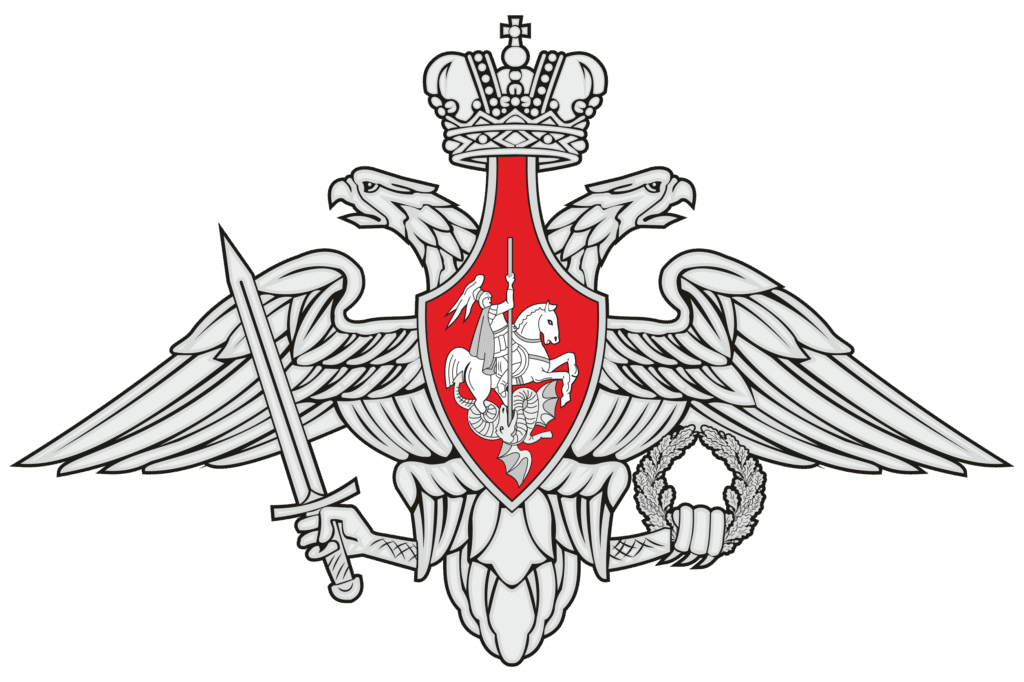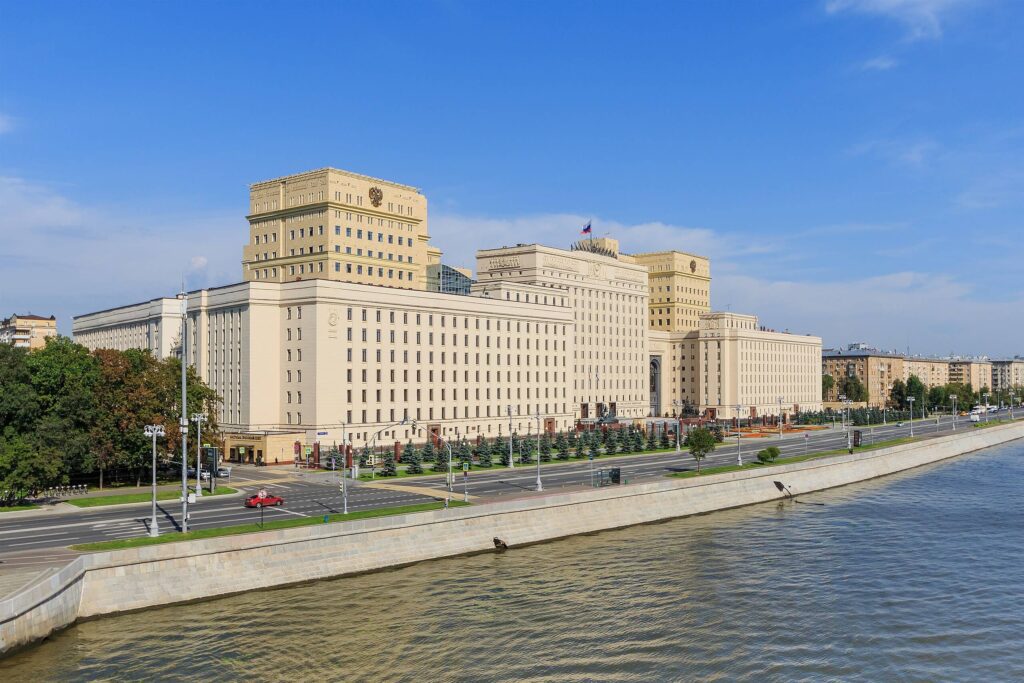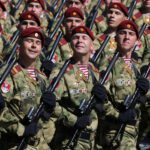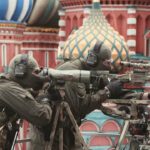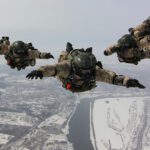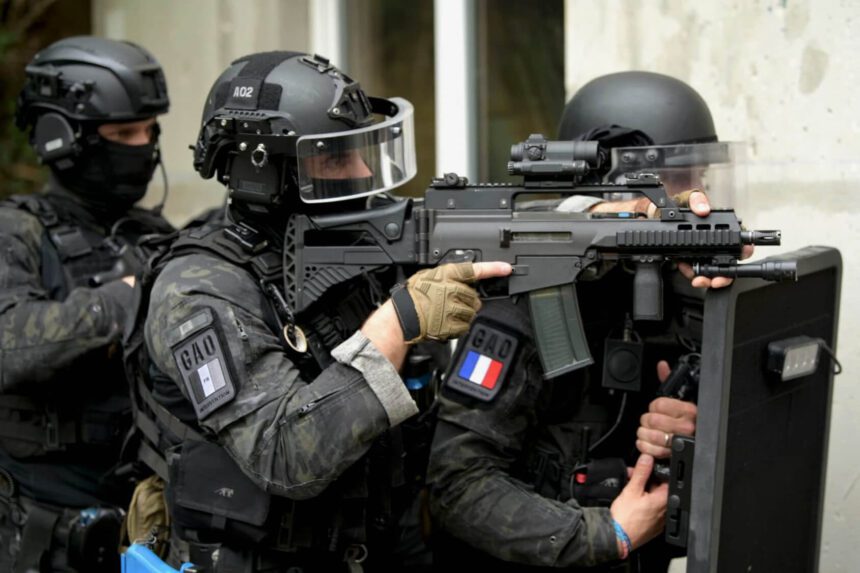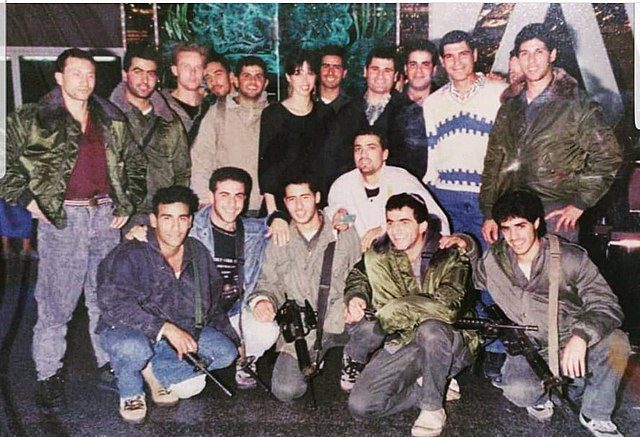What is the Ministry of Defence?
To understand how Russia wages war, you must understand the Ministry of Defence of the Russian Federation. This institution commands the armed forces, oversees military planning, and reports directly to the president. It controls everything from nuclear weapons to cyber units, making it one of the most powerful instruments of the Russian state.
Origins and Development
The Ministry of Defence of the Russian Federation replaced the Soviet Defence Ministry in 1992 after the USSR’s collapse. Its mandate remained broad: to rebuild, modernise, and command Russia’s military forces. Over three decades, it has managed Russia’s transformation from a post-Soviet army in decline to an aggressive force used in Georgia, Syria, and Ukraine.
Structure and Oversight
The ministry is headquartered in Moscow on Frunzenskaya Embankment. It includes the General Staff, service branches (Ground Forces, Navy, Aerospace Forces), and specialised units. While the minister holds formal authority, the president exercises ultimate control as commander-in-chief. The ministry functions as the operational link between the Kremlin and the battlefield.
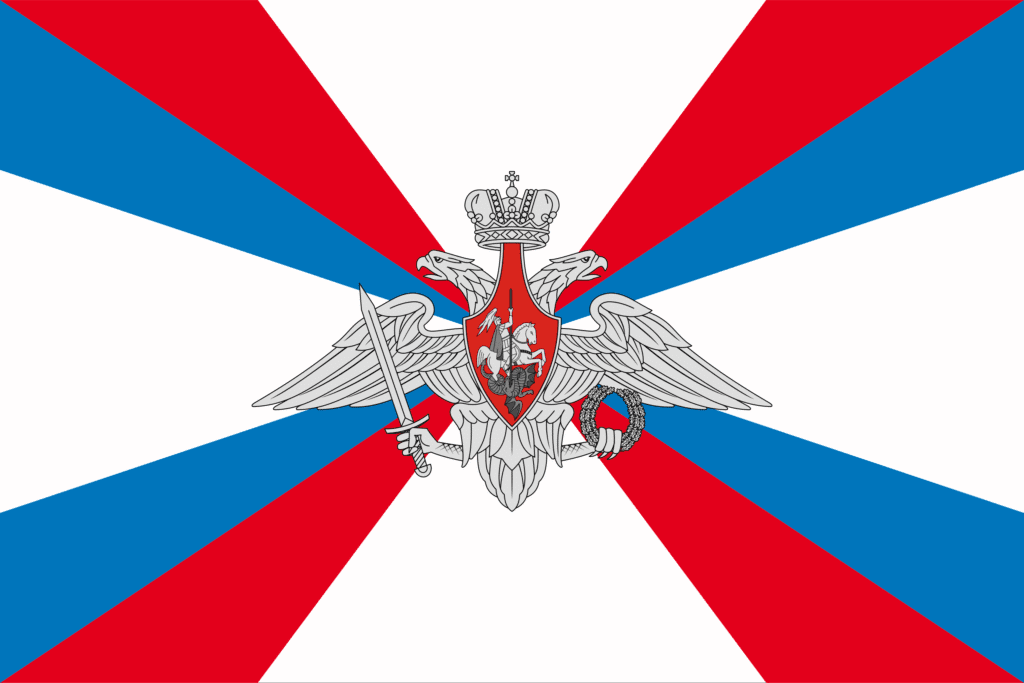
Role in Conventional War
The ministry directs Russia’s conventional military operations. It planned and executed the 2008 war in Georgia, the 2014 annexation of Crimea, the Syrian intervention, and the 2022 invasion of Ukraine. These campaigns highlighted both its strengths — mass mobilisation, artillery firepower — and its weaknesses in logistics and coordination.
Role in Hybrid Warfare
The ministry also integrates hybrid tactics into military strategy. It supports cyber operations, information warfare, and covert action alongside traditional forces. Military intelligence (the GRU) operates under its authority, enabling coordination of sabotage, cyberattacks, and propaganda with ground operations. This fusion of tools makes the ministry central to Russia’s hybrid war doctrine.
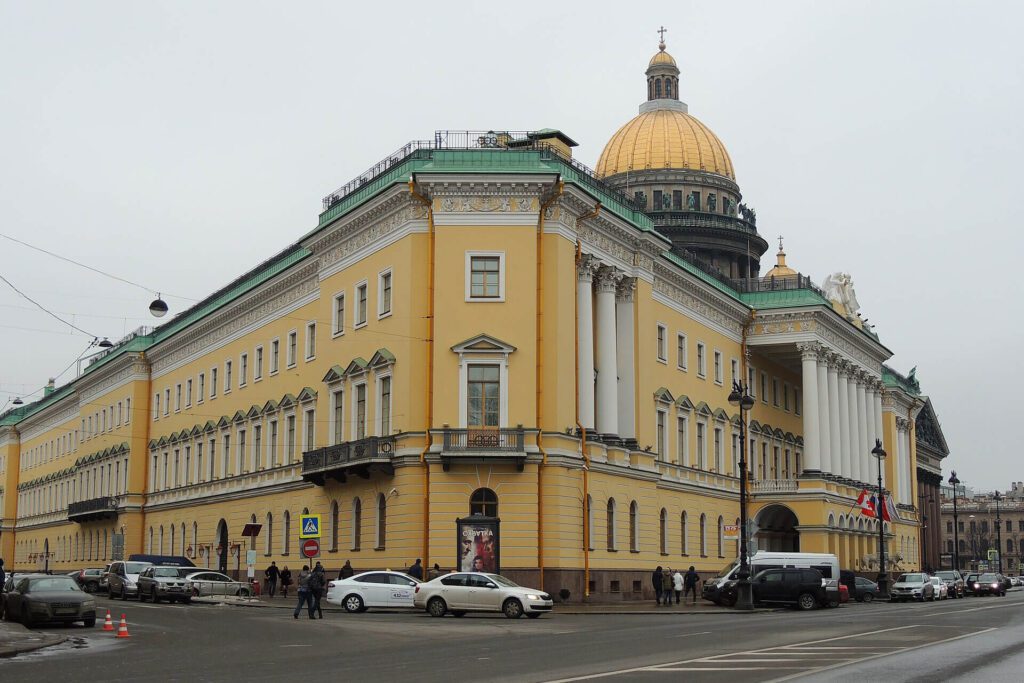
Leadership and Politics
The ministry has long been a political battleground. Ministers such as Sergei Shoigu shaped policy while navigating Kremlin rivalries. The 2023 Prigozhin mutiny exposed tensions between the ministry and private military forces, but it also reinforced the president’s reliance on the ministry as the core of state military power.
Strategic Importance
The Ministry of Defence embodies Russia’s ability to project power abroad and suppress resistance at home. For Europe, it represents the central institution behind Moscow’s wars and hybrid campaigns. Understanding the ministry means understanding how the Kremlin translates political decisions into military action on the ground.
